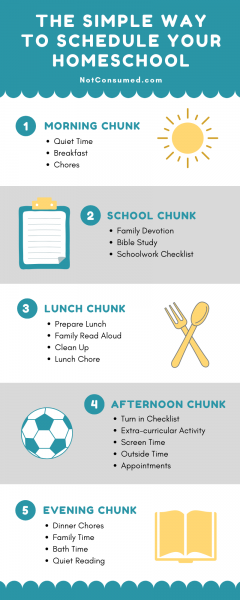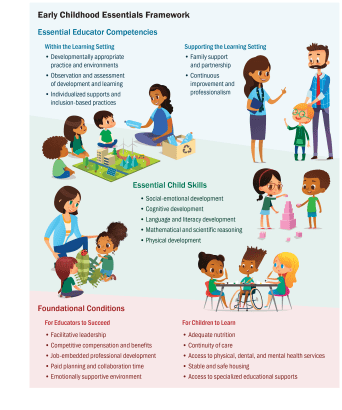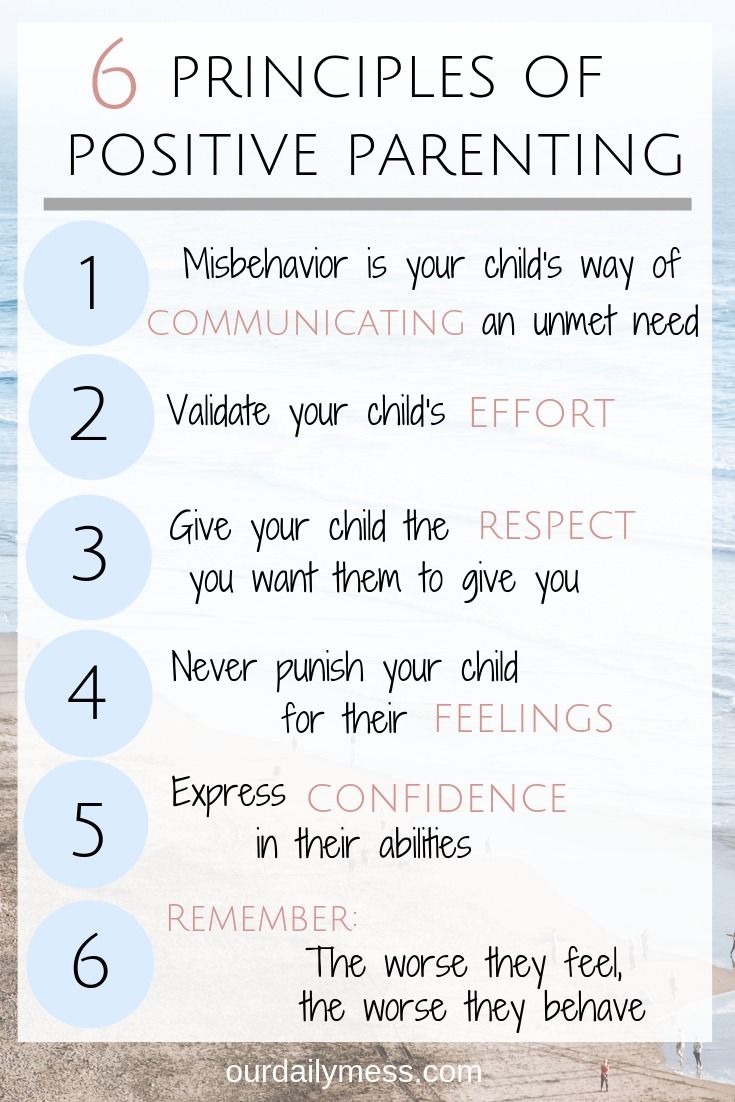Navigating Different Parenting Styles – A Guide for Parents
As a parent, it’s natural to have your own parenting style, shaped by your own upbringing and experiences. However, when parenting with a partner or co-parent, differences in parenting style can sometimes lead to conflicts. In this article, we’ll explore different parenting styles and provide some tips for how to navigate them to create a harmonious family dynamic.
What are the Different Parenting Styles?
There are four main parenting styles that have been identified by psychologists:
1. Authoritarian: This style is characterized by strict rules, high expectations, and the use of punishment for misbehavior.
2. Permissive: This style is characterized by lenient rules, low expectations, and a lack of discipline.
3. Authoritative: This style is characterized by clear rules, high expectations, and the use of positive reinforcement and consequences for misbehavior.
4. Uninvolved: This style is characterized by a lack of attention and involvement in the child’s life, leading to neglect.
How to Navigate Different Parenting Styles?
1. Communication: The key to navigating different parenting styles is communication. Talk to your co-parent about your parenting styles and try to find common ground. Be open to compromise and consider the other person’s perspective.
2. Consistency: It’s important to be consistent in your parenting approach. Children thrive on routine and predictability, so try to establish consistent rules and consequences.
3. Respect: Respect each other’s parenting style, even if you don’t agree with it. Criticizing or belittling your co-parent can create tension and conflict.
4. Seek Professional Help: If you’re feeling stuck or unable to resolve differences in parenting styles, seek the help of a professional. A family therapist or counselor can provide guidance and support.
In Conclusion
Navigating different parenting styles can be challenging, but it’s important to remember that every parent’s ultimate goal is to raise happy, healthy children. Communication, consistency, respect, and seeking professional help when needed can go a long way in creating a harmonious family dynamic. By working together, parents can provide their children with a strong foundation for a successful future.











